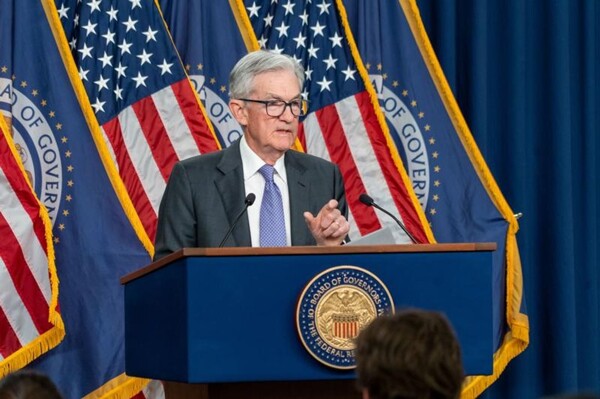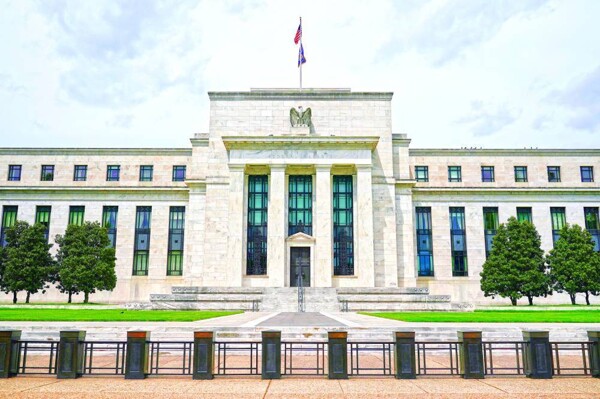
The dollar slightly rose today due to the increase in the income of American treasury obligations, despite the fact that currency trading fluctuated within narrow ranges. Investors faced difficulties in determining the impact on inflation and the rising trade tensions in the U.S. President Donald Trump threatened yesterday with the introduction of additional tariffs on European goods, to which key U.S. trading partners promised to respond with measures already taken.
The growing global trade tensions and the possible risks of a recession in the U.S. economy may have triggered reactions in global markets, producing sharp moves in the currency market, as traders shifted between satisfaction and skepticism due to sudden changes in Trump's policies.
The dollar rose 0.05% against the yen, reaching a mark of 148.31, partly compensating for losses incurred earlier this week, when it fell to a minimum level for five months against the Japanese currency, following concerns about the slowdown of the U.S. economy, which led to a flight to yen as a safe haven.
Data published in the media showed that expectations for future inflation in the U.S. were lower than anticipated in the last February, but the improvement it brought may be temporary, as this data does not fully reflect a series of tariff measures introduced by Trump.
James Reilly, chief market economist at Capital Economics, stated: "The additional uncertainty is the expectations of future inflation and the ongoing economic activity in the U.S., which in significant part is conditioned by the impossibility of predicting American trade policy." Capital inflows into American treasury obligations grew, taking into account the rise in future inflation, preserving the income of American treasury obligations at about the maximum level for a week at the rate of 4.3047%.
Analyst for currency strategies at Commonwealth Bank, Karel Kong, stated: "Tariff measures exert inflationary pressure on the global economy, which will become a headache for central banks... However, central bank owners are cautious and open to the future." She added: "The possibility of central banks lowering rates to compensate for negative influences on growth may eventually be limited by inflationary risks on the backdrop of monetary policy."














